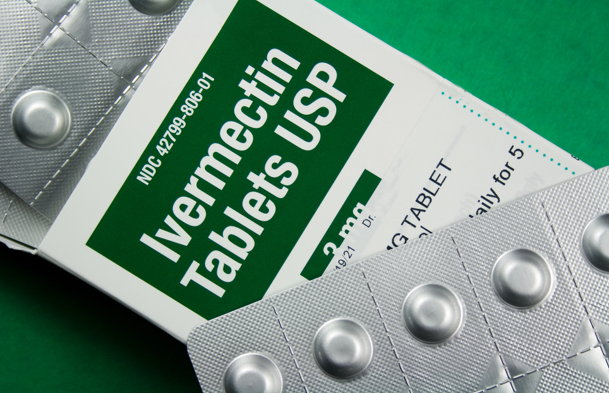
Breaking News
The Criminality Buried In The Epstein Files Is Worse Than Anyone Thought,...
 A Critical Review of Impacts of Greenhouse Gas Emissions on the U.S. Climate
A Critical Review of Impacts of Greenhouse Gas Emissions on the U.S. Climate
 Space AI is the Key to the Technological Singularity
Space AI is the Key to the Technological Singularity
 Google is issuing a call to action:
Google is issuing a call to action:
Top Tech News
 Drone-launching underwater drone hitches a ride on ship and sub hulls
Drone-launching underwater drone hitches a ride on ship and sub hulls
 Humanoid Robots Get "Brains" As Dual-Use Fears Mount
Humanoid Robots Get "Brains" As Dual-Use Fears Mount
 SpaceX Authorized to Increase High Speed Internet Download Speeds 5X Through 2026
SpaceX Authorized to Increase High Speed Internet Download Speeds 5X Through 2026
 Space AI is the Key to the Technological Singularity
Space AI is the Key to the Technological Singularity
 Velocitor X-1 eVTOL could be beating the traffic in just a year
Velocitor X-1 eVTOL could be beating the traffic in just a year
 Starlink smasher? China claims world's best high-powered microwave weapon
Starlink smasher? China claims world's best high-powered microwave weapon
 Wood scraps turn 'useless' desert sand into concrete
Wood scraps turn 'useless' desert sand into concrete
 Let's Do a Detailed Review of Zorin -- Is This Good for Ex-Windows Users?
Let's Do a Detailed Review of Zorin -- Is This Good for Ex-Windows Users?
 The World's First Sodium-Ion Battery EV Is A Winter Range Monster
The World's First Sodium-Ion Battery EV Is A Winter Range Monster
 China's CATL 5C Battery Breakthrough will Make Most Combustion Engine Vehicles OBSOLETE
China's CATL 5C Battery Breakthrough will Make Most Combustion Engine Vehicles OBSOLETE
Ivermectin's Accidental Breakthrough: A Lifeline for Parkinson's and Alzheimer's Suffere

His accidental discovery is yielding results that defy conventional expectations. For Parkinson's, high-dose ivermectin (60-72mg) is facilitating remarkable recoveries. Patients on maximum standard treatments, once barely mobile, are now experiencing dramatic improvements in movement and symptoms. One such patient, after a few weeks of treatment, returned to playing golf—an activity lost for years. The outcomes in Alzheimer's are even more profound.
Dr. Makis details how family members, following his protocol of low-dose ivermectin (12-24mg for a few days), are witnessing what can only be described as medical miracles. Loved ones who had not recognized family members for years are suddenly reconnecting. Memories are flooding back; cognitive abilities are being restored. In one extraordinary case, a patient was taken off hospice after their condition improved so drastically. The stories are heart-rending: "My grandma's back." Families are reclaiming precious time with loved ones they felt they had lost forever. All from a few pills of a medication with a well-established safety profile.
Dr. Makis challenges the medical establishment, noting that supportive preclinical research on ivermectin and Alzheimer's appears to have been scrubbed from mainstream search engines, a silent testament to the battle over this repurposed drug. He urges the public to look at the evidence he shares on his platforms. The potential for a safe, accessible, and effective treatment for these neurodegenerative scourges is too significant to ignore. The question remains: When the evidence is this compelling, and the reward is the reversal of human suffering, why isn't this being researched at the highest levels?



